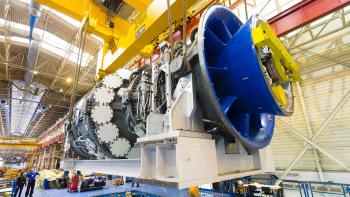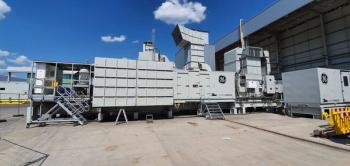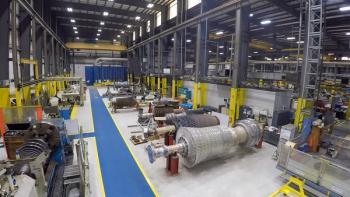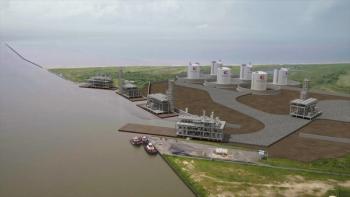
Air Products Constructs New Air Separation Units at Southern Facilities
The facilities in Georgia and North Carolina will produce industrial gases, including liquid oxygen, liquid nitrogen, and liquid argon to supply growing regional markets.
Air Products will build, own, and operate two new air separation units (ASU) at facilities in Conyers, GA, and Reidsville, NC. These units, scheduled for operation in 2026, will replace older ASUs and provide additional capacity onsite. The projects will advance the operational flexibility of Air Products’ industrial gas business.
“Conyers and Reidsville have attractive customer markets that Air Products has served for nearly five decades,” said Francesco Maione, Americas President, Air Products. “The ASU assets at these locations have served Air Products well, and its customers reliably. Now is the time to install new ASUs, which will have an even greater level of reliability, production, sustainability efficiencies, and additional market growth.”
Industrial gas products manufactured at Conyers and Reidsville will include liquid oxygen, liquid nitrogen, and liquid argon to supply the region’s merchant markets. The facilities will serve customer markets such as chemicals, food, metals processing and fabrication, primary materials, and electronics.
“Air Products is committed to its base industrial gas business, evidenced by the investment in these two new ASUs,” said Maione. “We can ensure enhanced product reliability to regional customers as these new units can act as back-ups to each other, as well as for other company facilities producing the same products in neighboring and nearby states.”
Last week,
Air Products’ CWHEs provide high throughput of natural gas in a small footprint, enabling safe and reliable operations onshore and offshore. The business, headquartered in Allentown, PA, has approximately 475 employees and a 390,000-square-foot CWHE manufacturing site in Port Manatee, FL.
In June 2024,
The supply will assist TotalEnergies’ goal of reducing net greenhouse gas emissions—Scope 1 and 2—from its oil and gas operations by 40% by 2030. The company plans to cut the carbon footprint of producing, converting, and supplying energy to customers by using green and low-carbon hydrogen at European refineries. This decarbonization initiative, with assistance from additional hydrogen suppliers, may reduce TotalEnergies’ CO2 emissions by approximately five million tons per year.
Newsletter
Power your knowledge with the latest in turbine technology, engineering advances, and energy solutions—subscribe to Turbomachinery International today.




